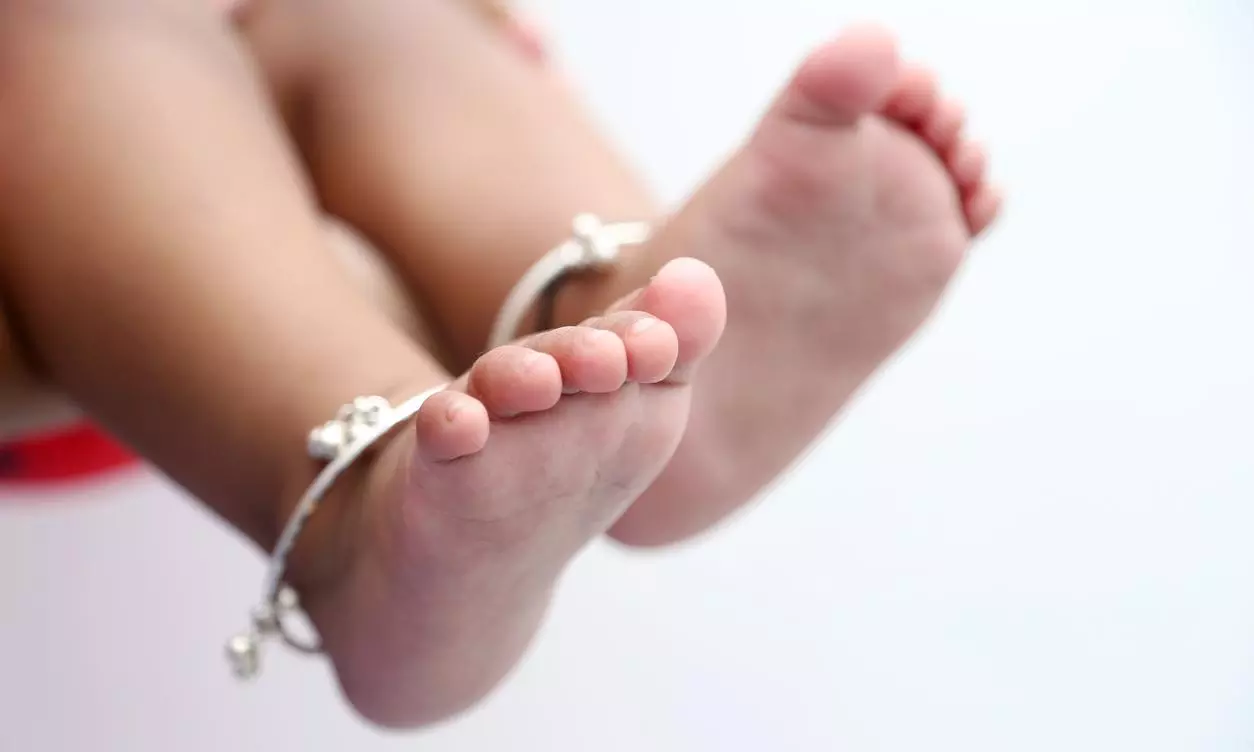
Amid rising foeticides, Karnataka takes a leaf out of Tamil Nadu’s book
Authorities are discovering that private doctors here and there are helping people biased against girls to get rid of female foetuses through illegal abortions

Its capital Bengaluru may be a globally-recognized IT hub, but Karnataka is witnessing an alarming rise of foeticides due to people’s reluctance to have a girl child.
No wonder, the already skewed male-female sex ratio has fallen to a new low in the state, with Uttara Kannada district now reporting 724 girls for every 1,000 boys.
Authorities are also discovering to their horror that private doctors here and there are helping people who are biased against girls to get rid of female foetuses through illegal abortions.
The Karnataka government has finally decided to form a task force by roping in the health and family welfare department as well as the police on the lines of Tamil Nadu, Health Minister Dinesh Gundu Rao has said.
In Mysuru alone, the health department has shuttered 23 centres which scanned women illegally to know if they were going to deliver a male or female baby.
Illegal centres
Raids have also taken place in Bengaluru and Mandya besides Mysuru where some hospitals and diagnostic centres were functioning without being registered under the Karnataka Private Medical Establishment Act.
Officials admit brazen violations of the Foetal Gender Determination Prevention Act all over Karnataka.
In a village on the outskirts of Bengaluru, a doctor, infamous locally as “abortion doctor”, has been accused of doing away with more than 100 female foetuses over the last four years.
The police have since arrested Dr D Srinivasa, managing director of the SPG Hospital in Thirumalashettyhalli, just 30 km away from the state capital. The doctor entertained anyone who did not desire a girl child besides unmarried women who came for abortion, said the police.
"This doctor did these illegal practices after sunset and before sunrise to remain away from the eyes of the authorities,” one officer said.
According to Bengaluru Rural District Superintendent of Police Mallikarjuna Baladandi, the doctor was active both in rural areas as well as Bengaluru and other urban centres. "He got Rs 10,000-50,000 per foeticide."
Surprise check
The racket was uncovered on December 13 when the district health and family welfare officer ran a surprise check on the hospital.
A female foetus was found in a trash near the operation theatre, leading to a criminal case and police action that led to seven arrests, including that of the doctor. The hospital was functioning illegally.
Now, the health department is conducting raids on several village hospitals in Mandya district, located around 100 km from Bengaluru, with police assistance. The data on sex ratio for Karnataka in the National Family Health Survey 2019-20 raises some serious issues.
Compared to the figures of 2015-16, the gender ratio in 16 districts show a very negative picture.
The sex ratio for Karnataka was 1,000 males to 1,034 females, as per the 2011 census report.
According to the Union Women and Child Department, the state's sex ratio was 1,000 males to 949 females in 2020-21, it fell to 1000 boys to 940 girls in 2021-22 and settled at 1,000 boys to 945 girls in 2022-23.
Child marriages
While a handful of districts in Karnataka still produce more baby girls than boys, the trend is the reverse in most others.
In Davangere, the sex ratio tumbled from 1,029 females for 1,000 boys in 2015–16 to 797 for 1,000 in 2019–20. In North Kanara, it is worse: 1,000 boys to 724 girls. In Chikkamagaluru, the ratio is 1,000-849, in Ramanagar 1,000-781 and in Haveri 1,000 boys to 805 girls.
Government records say there is a connection between illegal child marriage and illegal foeticides in the state.
Karnataka has recorded a total of 1,042 cases of child marriages between 2020 and 2023. Udupi is the only district to have no such case.
Mandya, with several cases of foeticides, saw 172 child marriages in three years. Shivamogga had 51 cases. Since 2020, Mysuru recorded 100 cases of child marriage. Bengaluru Urban recorded 28 cases, and Bengaluru Rural 21.

